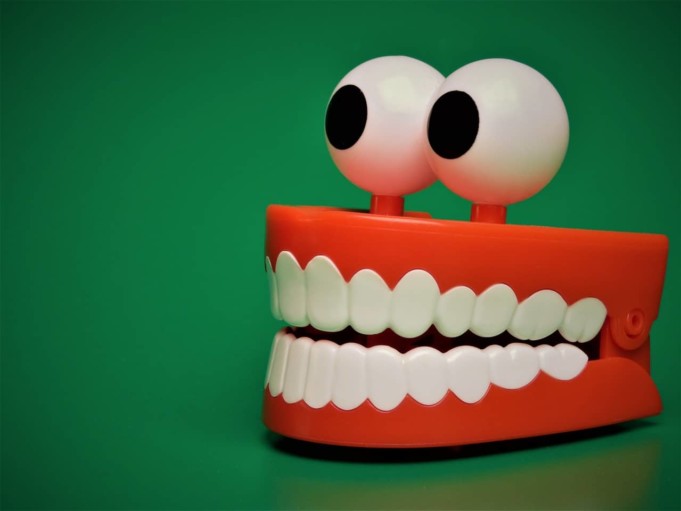Bruxism or teeth grinding is a condition in which the person tends to clench and grind their teeth. They may unconsciously do it when they’re awake which is called awake bruxism as most commonly during sleep which is called sleep bruxism.
Sleep bruxism is regarded as a sleep-related movement disorder and it’s more prevalent in people who already have other sleep disorders such as sleep apnea (pauses in breathing during sleep accompanied by snoring).
Since sleep bruxism pre-supposes that you’re asleep, it might be difficult to tell if you have it so it’s important to know the symptoms and seek medical treatment.
Symptoms of Bruxism
Most people realize they grind their teeth at night because their partners tell them that they hear them making squeaking, gnashing sounds.
Another common symptom is waking up with a dull pain and feeling like your jaw is tense and tired. According to the experts at Forest Hills Dentistry, chronic jaw clenching and teeth grinding is associated with tension and pain in the temporomandibular joint (TMJ) – the joint of the jaw.
This pain and tension tend to radiate to your temples and that’s why you wake up with a headache.
You might notice that your teeth are more sensitive to hot and cold temperatures and the inside of your cheeks are irritated from chewing. With all these signs put together there’s a good chance you have bruxism and you’ll want to visit a dentist.
During the consultation, they’ll check if your teeth are flattened or chipped and if the enamel appears worn-out. Then they can give you a custom-made night guard which will protect your teeth from further damage.
Causes of Bruxism
The most common cause of sleep bruxism is faulty occlusion meaning you have an abnormal bite due to either your arches not aligning properly or you have crooked or missing teeth.
During the night, you unconsciously try to find a comfortable position for your jaw but because the two arches don’t align you keep moving your jaw which results in grinding.
Psychological factors that might make it more likely for you to grind your teeth both during the day and at night are being generally more anxious or under a high amount of stress.
If you notice that you tend to chew on pencils or pens during the day because you’re feeling tense, chances are you’ll be clenching your jaws or grinding while you sleep because of the state of hyperarousal stress induces.
People with ADHD are likewise more prone to grind their teeth because of the link between the dopaminergic system and motor function.
Moreover, if you drink a lot of caffeinated beverages such as coffee or energy drinks, you smoke, drink alcohol before going to bed, eat chocolate or other sweets, you increase your chances of grinding your teeth at night.
The same explanation is valid for why individuals taking some SSRIs (selective reuptake inhibitors – antidepressants) such as fluoxetine, paroxetine and sertraline report a higher incidence of bruxism.
All these substances, alongside illicit drugs like cocaine or ecstasy impact the dopaminergic system which, in turn, will impact motor function, leading to repetitive jaw-muscle activity.












